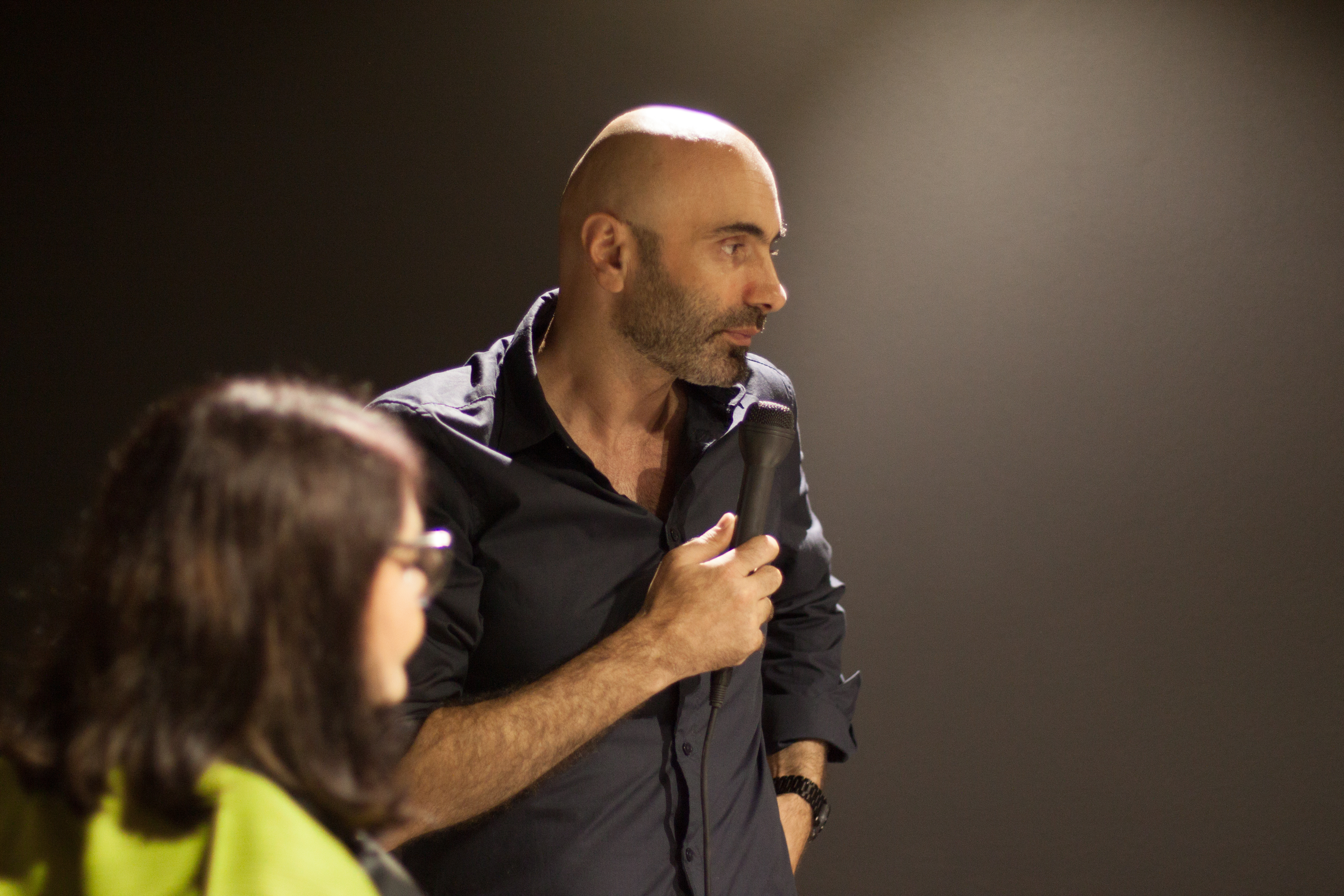
Suzana Milevska at Summer School as School 2019
14 August, 2019, 19:00
Venue: Boxing Club
Summer School as School
5 - 21 August, 2019
Stacion - Center Contemporary Art Prishtina has the pleasure to announce "Kalokagathia: On the Possibility to Think Together the Aesthetical and Ethical in Artistic Research" by Suzana Milevska, part of the Public Program of Summer School as School 2019.
In her lecture "Kalokagathia: On the Possibility to Think Together the Aesthetical and Ethical in Artistic Research" Suzana Milevska will focus on the ongoing debate about the reciprocal relations and tensions between the categories of beautiful and good, between the form and content, and between other perpetual, but artificially made distinctions and dichotomies in art. More precisely Milevska's lecture centers on the question of whether such dichotomies are and have ever been viable and how the hierarchy between them changed over time as a result of the changed focus in various art movements and artistic practices. The critical discussion will also address the pertinent questions such are what constitutes artistic research, or research-based art, and wether and how this research differs from the
research in humanist, social, and other sciences. The art examples to be discussed aim to unravel the relation of certain contemporary artistic research practices with the ancient ideal "kalokagathia" even when the artists don't refer to it directly.
Suzana Milevska is an art historian and curator from Skopje, Macedonia. Her curatorial interests include postcolonial critique of representational regimes of hegemonic power, gender difference and feminist art; construction of visual memory in photographic imagery and archives; art in post-socialist and transitional societies; collaborative, participatory and activist art practices. Currently she is Principal Investigator, Polytechnic University Milan (TRACES, Horizon 2020). From 2013-2015 Milevska was the first Endowed Professor at the Academy of Fine Art in Vienna and she taught Central and South Eastern European Art Histories. In 2004, she was a Fulbright Senior Research Scholar. She holds a Ph.D. in Visual Cultures from Goldsmiths College London. Her project The Renaming Machine (2008-2010, in collaboration with P74 –artist run space in Ljubljana) focused on the politics of renaming and overwriting memory in art and visual culture. She curated several exhibitions of contemporary art by Roma artists, including Roma Protocol, the Austrian Parliament (Wiener Festwochen), and Call the Witness, BAK Utrecht (the basis for Roma Pavilion – Call the Witness, collateral event at the 54 Venice Biennale, 2011). Milevska is the recipient of the Igor Zabel Award for Culture and Theory and the ALICE Award for political curating (2012).
Suzana Milevska is an art historian and curator from Skopje, Macedonia. Her curatorial interests include postcolonial critique of representational regimes of hegemonic power, gender difference and feminist art; construction of visual memory in photographic imagery and archives; art in post-socialist and transitional societies; collaborative, participatory and activist art practices. Currently she is Principal Investigator, Polytechnic University Milan (TRACES, Horizon 2020). From 2013-2015 Milevska was the first Endowed Professor at the Academy of Fine Art in Vienna and she taught Central and South Eastern European Art Histories. In 2004, she was a Fulbright Senior Research Scholar. She holds a Ph.D. in Visual Cultures from Goldsmiths College London. Her project The Renaming Machine (2008-2010, in collaboration with P74 –artist run space in Ljubljana) focused on the politics of renaming and overwriting memory in art and visual culture. She curated several exhibitions of contemporary art by Roma artists, including Roma Protocol, the Austrian Parliament (Wiener Festwochen), and Call the Witness, BAK Utrecht (the basis for Roma Pavilion – Call the Witness, collateral event at the 54 Venice Biennale, 2011). Milevska is the recipient of the Igor Zabel Award for Culture and Theory and the ALICE Award for political curating (2012).